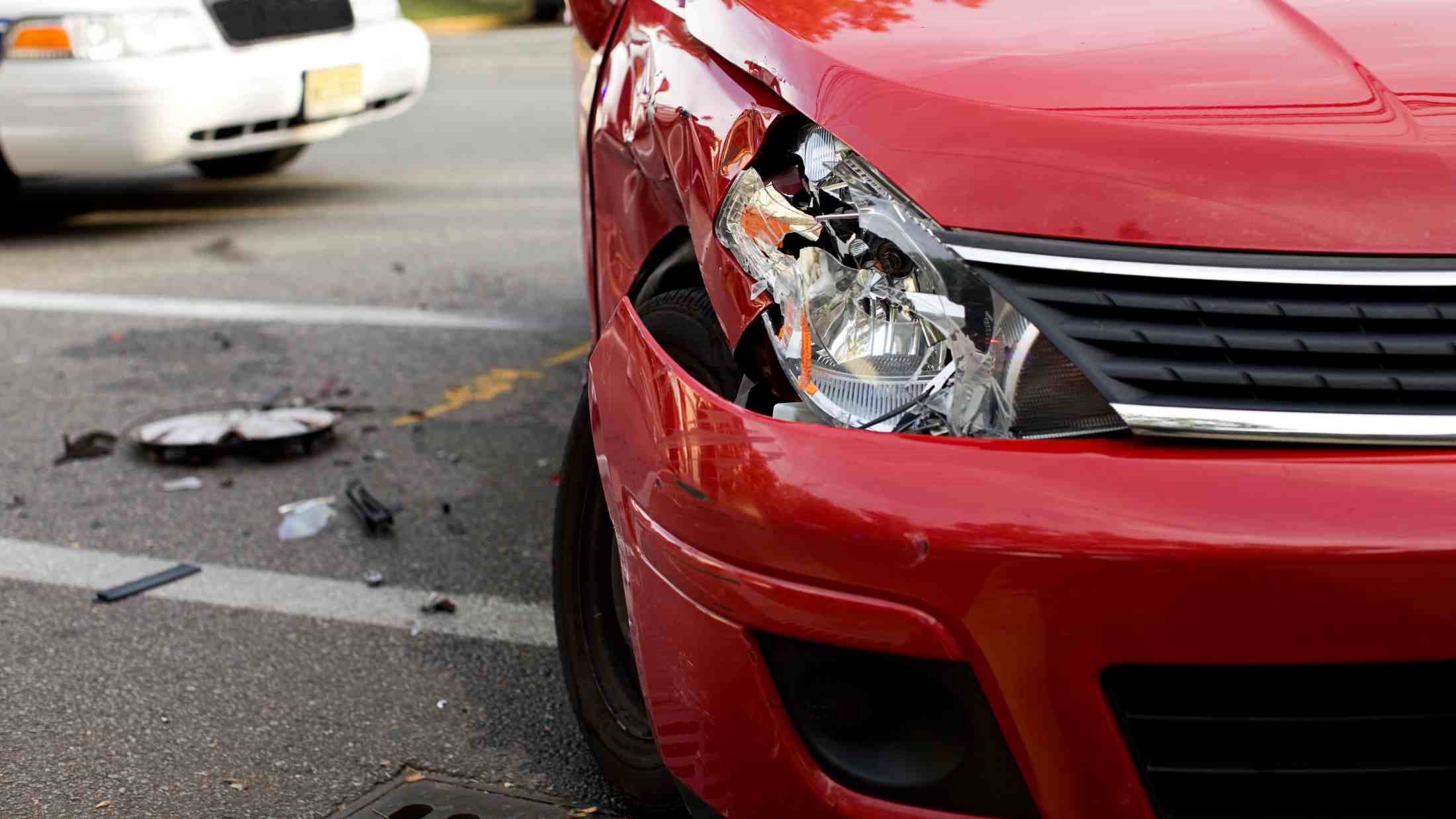Total loss, also known as a ‘write off,’ can be a difficult experience for car owners. Whether it’s due to an accident, or that your car has been stolen - it’s good to know what total loss means, the types of total loss, and the effects it can have on your insurance policy. In this section:
- What is total loss?
- Categories of total loss
- What happens if my car is written off?
- What if my car was stolen?
What is total loss?
Total loss or a “write off” is used to describe a car after an incident, when the cost of repairing a damaged vehicle is more than the pre-incident market value of the vehicle itself. So, if the cost to fix your car is more than what the car was worth before the incident, insurance companies may declare it a total loss. This will depend on an assessment of the damage to your car.
Categories of total loss
There are four categories used to describe total loss. These are:
-
Category A (Scrap)
- The car must be scrapped as it wouldn’t be safe to drive, and no parts from Category A cars can be reused.
- The car is severely damaged and would be too expensive to repair.
- The car's registration will be cancelled, and it can’t legally be driven on the road again. There would also be a marker put against the car’s registration, so the category status would show in any HPI checks.
-
Category B (Break)
- The frame of the damaged car must be destroyed as it can’t go back on the road. However, some parts may be used as salvage.
- This means Category B cars are severely damaged, but some of their parts can be recycled or reused.
- The car’s registration is also cancelled, and it can’t legally be driven on the road again. There would also be a marker put against the car’s registration, so the category status would show in any HPI checks.
-
Category S (Structural Damage)
- Cars in this category have structural damage that can be repaired.
- However, the cost of repair is still higher than the value of the car itself at the time of the loss, and the car will have to be assessed for safety.
- Once repaired and approved to be safe to drive on the road by a qualified engineer, a Category S vehicle can be driven again.
-
Category N (Non-Structural Damage)
- Category N cars have suffered non-structural damage, such as an electrical fault or damage to the interior.
- After the damage has been repaired and the car has passed a safety inspection, Category N vehicles can be put back on the road.
What happens if my car is written off?
After an incident, you must always tell your insurance company what happened, and any damage as a result. This is when your car may be declared a write-off; before deciding this, the insurer will need to inspect the car to decide whether or not it can be repaired. Not all damage to a car is visible, so a full inspection would be needed to make sure all damage is recorded. Your insurance company will determine the value of your car before the incident. This will be based off age, mileage, and overall condition – they'll then calculate how much it would cost to repair your car.
If your car is declared a total loss, your insurance company may offer a monetary settlement rather than repairs, minus the excess you’ve agreed to pay on your policy. Your car will then either be sent for scrappage or be given a salvage title – this is when your car is declared a category B total loss, and some parts can be recycled.
If your car is declared a total loss, you’ll be able to continue your policy and change it to protect your replacement car once you have bought it. If you choose to cancel your policy, there usually won’t be a refund, as a claim has been paid.
Looking to insure a replacement car now? Why not check out AXA’s car insurance and get a quote.
What if my car was stolen?
If your car has been stolen, you must contact the police to report it as soon as possible. Give them as much information as you can and ask for a crime reference number. Once you’ve told the police, you should then tell your insurance company too, so they can record it on your policy.
At AXA, if a vehicle is stolen and hasn’t been recovered, we settle the claim based on an “unrecovered theft” - we only determine the outcome of a claim once the vehicle has been recovered.
If the vehicle is recovered before the settlement: we calculate the total based on the cost of the repair and pre accident value of the car. Based on this information, we would either repair the car or declare it a total loss.
If the vehicle is recovered after the settlement: we would follow the same process as above, but if the car is deemed to be a total loss, the salvage category is recorded on the MIAFTR (motor insurers anti-fraud and theft registrar) and scrapped. If the car is repairable, the salvage agent will be instructed to sell the vehicle via auction, with the salvage category recorded as an uncategorised total loss on the car’s registration.
Experiencing a total loss, whether due to an accident or theft, can be a distressing situation. It's essential to be aware of the categories of total loss, understand the process that follows, and have a clear idea of your rights and responsibilities as a car owner. So that if the worst happens, you know what to expect.











